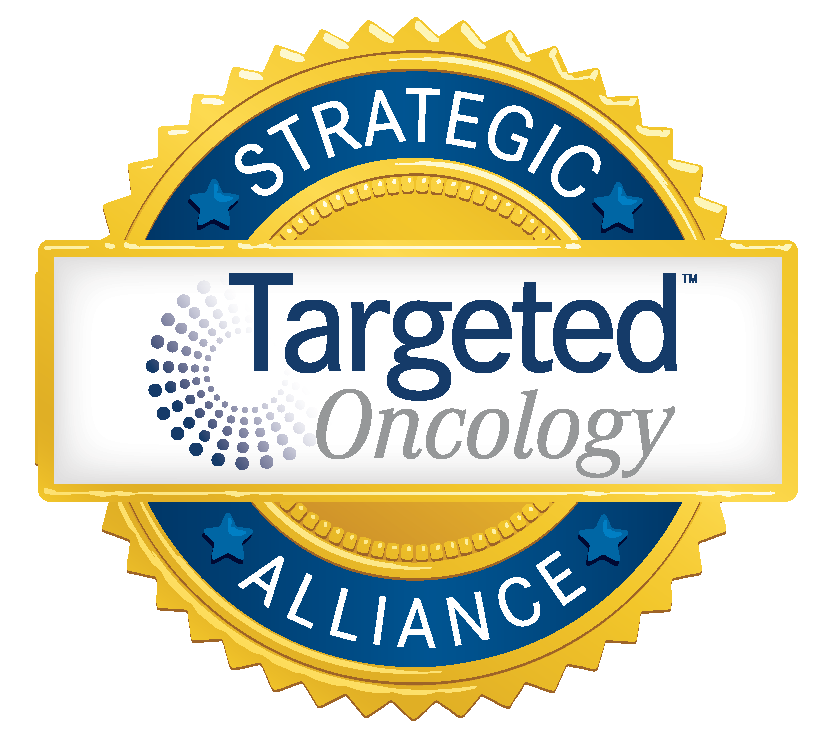PONTCHARTRAIN CANCER CENTER CLINICAL TRIALS
Clinical Trials
Clinical trials are how new treatments and improved outcomes are developed in health care. PCC has been participating in clinical trials since 2016. Our Research Department operates numerous clinical trials in both oncology and hematology. New experimental medications, or different ways to use existing medications, are compared to the currently available treatments in order to advance cancer care for patients around the world. Each clinical trial has certain criteria that must be met to participate. These guidelines help protect the safety of each patient. There are four phases of clinical trial development:
Phase I -Assessing medication dose and safety
Phase II - Further assessing safety and efficacy
Phase Ill -Comparison to currently available medications
Phase IV -Further study of already FDA-approved medications
Phase I clinical trials provide new, novel approaches for the treatment of cancer. PCC currently offers Phase II-IV clinical trials at both our Covington and Hammond locations. Cancer research is always evolving and new treatments emerge every year. PCC stays at the cutting edge of technology with help from the Research Department and clinical trials.
We strive to provide as many options as possible for the treatment of cancer. Only you and your doctor can decide if a clinical trial is right for you. If you are interested in participating in a clinical trial, please review our list of currently enrolling clinical trials. For further information on clinical trials, please visit http://www.clinicaltrials.gov.
+ About Our Research Program
Pontchartrain Cancer Center has been participating in clinical research since January 2016. We offer several Phase 2, 3, and 4 trials in different disease indications at both practice locations (Covington and Hammond). Our current clinical trials are listed below.
What Makes Our Site Unique?
- Central IRB only
- Complete study start-up takes 4-6 weeks (contract/budget, regulatory, SIV, etc.)
If you are interested in learning more about clinical research studies at PCC, contact Courtney Tregre by email at courtney@pcclouisiana.com.
+ What is Clinical Research
Clinical research trials are studies that determine the safety and effectiveness of new drugs, devices, or treatment regimens. Each clinical trial is designed to discover new or improved ways of treating cancer. Patients who participate in clinical trials help physicians and future cancer patients determine whether a treatment is safe and effective.
Before a patient is enrolled in a clinical research trial, studies must be approved by an Institutional Review Board (IRB), or an independent ethics committee. This entity assures the appropriate steps are taken to protect the well-being of research participants. All patients who participate in clinical trials are carefully monitored throughout the study, and typically for several months after the trial has ended, to determine safety of the treatment being tested. It is important to remember that clinical trials are completely voluntary, and patients can withdraw from a trial at any time.
+ Why Participate in Clinical Research?
Enrollment of patients in clinical trials is essential for progress in conquering cancer. While nationwide, only 6% of cancer patients participate in clinical trials, we are proud to announce that in our community, 15% of patients do so. When considering participating in clinical research trials, patients must learn about the benefits and risks like they would when receiving any standard treatment for their cancer. Some of the benefits of participating in clinical trials: Gain access to new research treatments before they are widely available
- Access to study-required medical care at no cost
- Close attention from your study team such as follow-ups regarding your care
- Play a more active role in your healthcare
- Opportunity to participate in research that may potential benefit others
However, participation in clinical trials can require greater time commitment as there may be more tests and visits to the clinic. Clinical trial participants may also experience unpleasant, serious, or life-threatening side effects, and your condition may not improve. Therefore, it is important to discuss if a clinical trial is right for you with your provider.
OPEN TO ENROLLMENT
BREAST CANCER
LUNG CANCER
HEMATOLOGY
SOLID TUMORS
Northstar Response Clinical Validation Study
FH-PrwS-07-002: Flatiron Health Pan-tumor MRD study
OUR PAST CLINICAL RESEARCH EXPERIENCE
ANEMIA
BIOSPECIMEN
An Exploratory Biomarker Study of Checkpoint Inhibitors (PD-1, PD-L1 and CTLA-4) used as Monotherapy or in Combination in Patients with Cancer
SEERPRO: A Prospective Blood Sample Collection Study to Evaluate a Panel of Protein-based Biomarkers
INFORM Study: Optimization of Devices and Assays for the Harvest, Evaluation and Characterization of Rare Cells from Patients with Advanced Stage Tumors.
BREAST CANCER
BLADDER CANCER
A Phase II, Randomized, Open-Label Study of Trilaciclib Administered with First-Line Platinum-Based Chemotherapy and Avelumab Maintenance Therapy in Patients with Untreated, Locally Advanced or Metastatic Urothelial Carcinoma (PRESERVE 3)
COLORECTAL CANCER
COMPREHENSIVE GENOMIC PROFILING
Northstar: Demonstrate the performance of the BillionToOne quantitative cfDNA somatic variant profiling in clinical patients with advanced stage solid tumors
ESSENTIAL THROMBOCYTHEMIA AND MYELOFIBROSIS
GASTRIC OR GASTROESOPHAGEAL CANCER
HEMATOLOGY
LEUKEMIA
LUNG CANCER
A Phase 2 Trial of MRTX849 in Combination with Pembrolizumab in Patients with Advanced Non-Small Cell Lung Cancer with KRAS G12C Mutation
LYMPHOMA
MULTIPLE MYELOMA
HALO: A Post-authorization Safety Study to Evaluate the Incidence of and Risk Factors for Severe and Fatal Infusion-related Reactions in Participants Treated with Daratumumab (Intravenous or Subcutaneous)
clinicaltrial.gov: N/A- observational
MUTATIONS
DetECT: KRAS Mutation Detection to Evaluate Eligibility for Clinical Trials
MYELODYSPLASTIC SYNDROME
NEXT-GEN SEQUENCING
POLYCYTHEMIA VERA
PROSTATE CANCER
Observational Cohort Study of Patients With Castration-Resistant Prostate Cancer (CRPC) (TRUMPET)
Biomarker Study to Determine Frequency of DNA-repair Defects in Men with Metastatic Prostate Cancer







